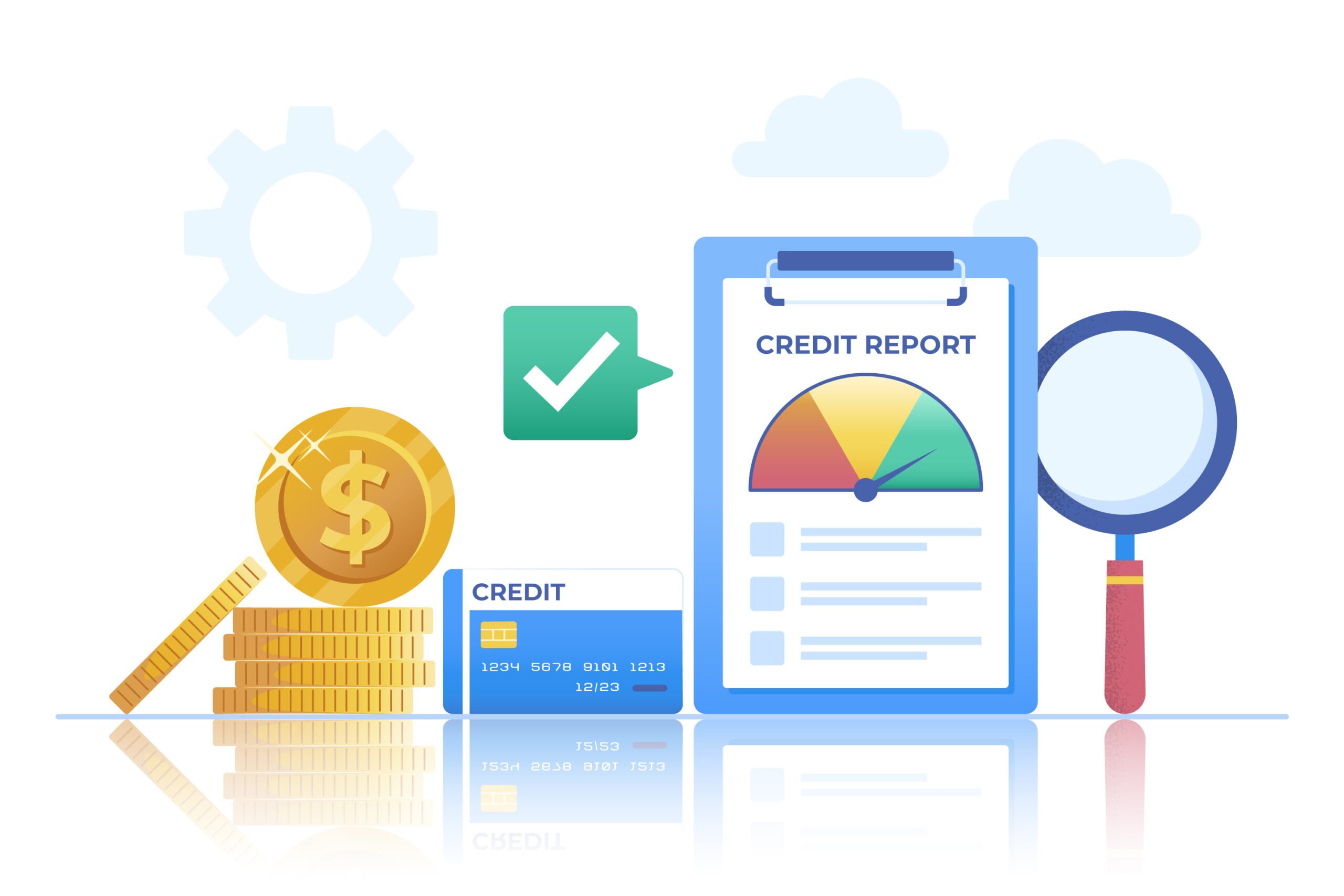HELOC Credit Score Impact Quick Overview

A Home Equity Line of Credit (HELOC) can have a noticeable impact on your credit score, but it’s a nuanced relationship. Applying for a HELOC involves a hard inquiry, which can slightly reduce your credit score. However, this dip is usually temporary and can recover within six months.
Once you have a HELOC, managing it wisely by making timely payments and using it responsibly can actually improve your credit score. HELOCs offer lower interest rates compared to credit cards and personal loans, making them a financially savvy choice for specific needs like consolidating debt or funding home improvements.
Understanding how a HELOC affects your credit score is essential for using this financial tool to your advantage while safeguarding your overall financial health.
Home Equity Line of Credit (HELOC) and Your Credit Score
What You Need to Know
When it comes to managing your finances and improving your home, tapping into your home’s equity can be a valuable resource. Home Equity Line of Credit (HELOC) is a key tool for accessing this resource. However, you might wonder, does a HELOC affect your credit score? In this article, we’ll explore the relationship between HELOCs and your credit score, shedding light on how they can impact your financial health.
Understanding the Connection
Your HELOC shares some similarities with a credit card when it comes to its influence on your credit score. Applying for a HELOC can have a minor impact on your credit score, primarily due to the “hard pull” or “hard check” that occurs during the application process. If you haven’t applied for other lines of credit recently, this impact will be relatively small. Typically, such inquiries only affect your credit score for about six months, resulting in a decrease of approximately five to ten points.
Managing Your HELOC Application
Applying for a HELOC involves a credit check, which temporarily lowers your credit score. This hard inquiry, as it’s known, remains on your credit report for two years. However, its impact on your credit score usually fades within six months. It’s important to note that if you’re comparing interest rates and fees over a more extended period, multiple hard inquiries could potentially harm your credit score.
Impact of HELOC Usage
Once approved for a HELOC, the loan is reported as revolving credit, similar to a credit card, rather than a second mortgage. This means that making timely payments and establishing a good payment history on your HELOC is crucial for maintaining a healthy credit score. Lenders and credit bureaus view a HELOC as an open line of credit, and your credit report will reflect the HELOC balance, credit line, and payment history.
HELOC and Your Credit Utilization Ratio
One factor that influences your credit score is your credit utilization ratio, which reflects how much of your total available credit you’ve used. A lower ratio, expressed as a percentage, can positively impact your score. If your HELOC remains largely untapped, it can boost your credit score by increasing your available credit.
READ ALSO: Understanding Interest-Only HELOCs: A Comprehensive Guide
Improving Your Credit Score with a HELOC
A HELOC can contribute to improving your credit score in several ways. Making consistent, on-time payments toward your HELOC builds a history of responsible payments, which can enhance your credit. Additionally, if you have a limited number of credit accounts, a HELOC can help diversify your credit history and increase your creditworthiness.
Moreover, credit agencies often view debt related to homeownership as “good debt.” Because your HELOC is tied to an asset that can potentially increase your net worth, borrowing against your home can be more favorable for your credit score compared to using a credit card or personal loan.
Using your HELOC judiciously can also help by reducing your credit utilization ratio. Lenders will see that you have access to ample funds but are responsible in managing your credit limits.
Paying off other loans or balances, especially high-interest credit cards, with your HELOC may result in a score increase, as it reduces your overall debt load.
The Impact of Closing a HELOC
Closing a HELOC can have implications for your credit score, particularly if you have limited credit available elsewhere. When you close a HELOC after paying it off, the available credit it provided is no longer factored into your credit score. This impact is more significant if you have a short credit history, are relatively new to credit, or have only a few credit cards.
Keeping Your HELOC Open
Each month your HELOC remains open, it extends your credit history. A more extended credit history can positively influence your credit score over time.
Mitigating HELOC’s Impact on Your Credit Score
While drawing on your HELOC might affect your credit score, you won’t be penalized for using all the available credit, as you would with a credit card. FICO doesn’t factor in HELOC utilization when calculating your score. However, there are steps you can take to mitigate potential damage to your credit when opening a HELOC:
- Resolve other debts before taking out a HELOC to improve your credit utilization ratio.
- When shopping for a HELOC, get quotes from different lenders within a 45-day window. Multiple similar inquiries within this period are considered a single inquiry.
- Make timely HELOC payments, as missed payments can lead to a drop in your credit score.
To Recap on HELOCs and Credit Scores
In conclusion, using a HELOC for specific financial needs, such as paying off high-interest credit cards or investing in home improvements, is a smart financial move. HELOCs offer lower interest rates than credit cards or personal loans, and their responsible use can enhance your credit profile. By managing your HELOC wisely and making on-time payments, you can harness its potential to boost your credit score and improve your overall financial well-being.
A HELOC can be a valuable asset for homeowners looking to leverage their home equity. While it may temporarily affect your credit score during the application process, responsible management of your HELOC can contribute positively to your credit history. By making on-time payments, diversifying your credit portfolio, and using the funds for constructive financial purposes, you can enhance your creditworthiness.
However, it’s crucial to be aware of the potential risks, such as multiple hard inquiries and the impact of closing a HELOC. To maximize the benefits and minimize the drawbacks, it’s advisable to use a HELOC judiciously and consider consulting with a financial expert when making major financial decisions. Ultimately, understanding the intricate connection between HELOCs and credit scores is the key to using this financial tool to your advantage while safeguarding your overall financial well-being.
HELOC Credit Score Impact FAQs
Is a HELOC a good choice for consolidating debt?
A HELOC can be a good option for consolidating debt, especially if you can secure a lower interest rate compared to your existing debts. However, it’s crucial to use the HELOC responsibly to avoid further financial trouble.
How long does a hard inquiry from a HELOC application affect my credit score?
A hard inquiry from a HELOC application typically affects your credit score for about six months. It remains on your credit report for two years.
Can I use a HELOC to fund home renovations and improve my home’s value?
Yes, using a HELOC for home improvements can be a wise choice, as it can potentially increase your home’s value while offering a lower interest rate compared to other financing options.
What is considered a responsible use of a HELOC?
A responsible use of a HELOC involves making on-time payments, not maxing out the credit line, and using the funds for purposes that contribute to your overall financial well-being.
Does a HELOC have a significant impact on credit scores?
The impact of a HELOC on your credit score is generally minor, provided you manage it responsibly. Timely payments and prudent usage can even have a positive effect on your credit score.
In other related article, Home Equity Line of Credit: A Comprehensive Guide to HELOCs





